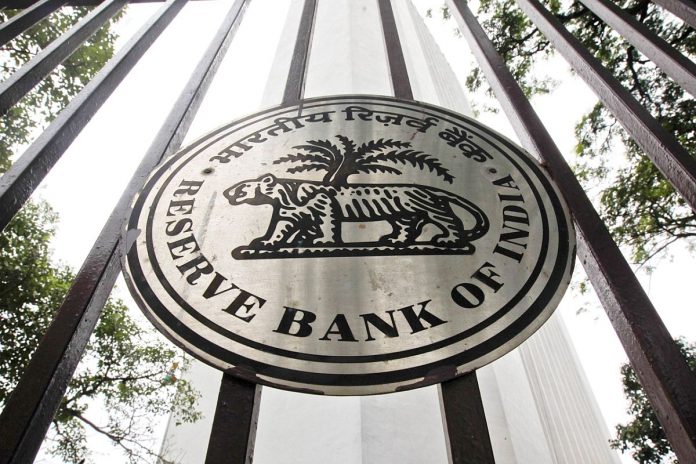The Government tells to the Supreme court of India that waiving the interest results in the weakening of the entire banking sector. Borrowers and other petitioners told the supreme court earlier that banks were free to restructure loans, but they could not penalize honest borrowers by charging interest on deferred EMIs (Equated Monthly Installments) under the moratorium scheme.
On Wednesday (September 2, 2020), Solicitor General Tushar Mehta told the Supreme Court (SC) that the banking sector is playing an important role in reviving the economy, and that a “knee jerk reaction” to waive interest on loans would weaken the sector.
Mr Tushar Mehta told a bench led by Justin Ashok Bhushan that they are not in heated cases here and all here have to come up with a solution to the crisis. There were several ways to boost the economy. One was to write the interest off. The second was a more holistic choice in which the first step would be to lighten the loan repayment burden. The next goal was to revive industries so that the economy moves, restructure stressed assets, and then banking sector operations, he said, adding that various sectors of the economy were affected differently due to the lockdown of Covid-19.
Opposing allegations that the Reserve Bank of India (RBI) functions as a bank agent, Mehta said that it should be borne in mind that the banking sector is a multi-layered system with various types of banks, non-bank financial corporations (NBFCs) and that passing a blanket order to all would not yield desired results.
The government had informed the SC that borrowers under the debt resolution (recast) window notified by RBI in early August could use another two years of the moratorium. This would allow adjustments in interest rates, but a waiver of interest on deferred instalments will be against ‘simple finance canons’ and unfair to those who repaid loans on schedule.
Senior Counsel Rajiv Mehta argued that the country is going through a difficult time. If the Insolvency and Bankruptcy Code (IBC) could be suspended to provide the industry with relief, so why can’t borrowers? The banks are supporting this mitigating situation instead of giving respite.
The borrowers and other petitioners told the court that banks are free to restructure loans but cannot penalize honest borrowers by charging interest on deferred EMIs under this moratorium framework.
The Supreme Court is hearing a batch of petitions demanding a moratorium on all loan instalments for the period 1 March to 31 August as well as a waiver of interest on the pending instalments. The SC continues Thursday to consider the situation.

